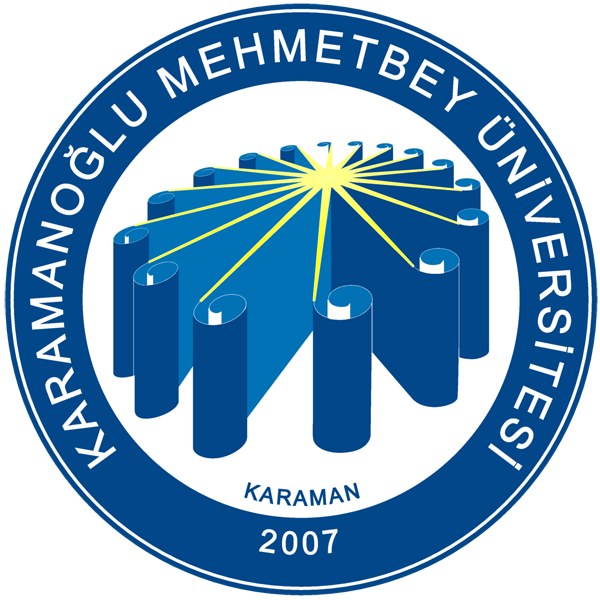Tarih Bölümü
- Home
- About Us
- Academic Staff
-
Student
- Academic Calendar
- Graduation Thesis
- Barrier-Free University
- Erasmus
- Farabi
- Bachelor Information Package
- Bachelor's Course Program
- Postgraduate Education
- Postgraduate Course Program
- Library
- Mevlana
- Graduation Requirements
- Student Advisors
- Regulations and Guidelines
- Postgraduate Information Package
- Student Clubs
- Minor
- Documents
- Publications
- Graduates
- Academic Quality
- Social Media and Communication
